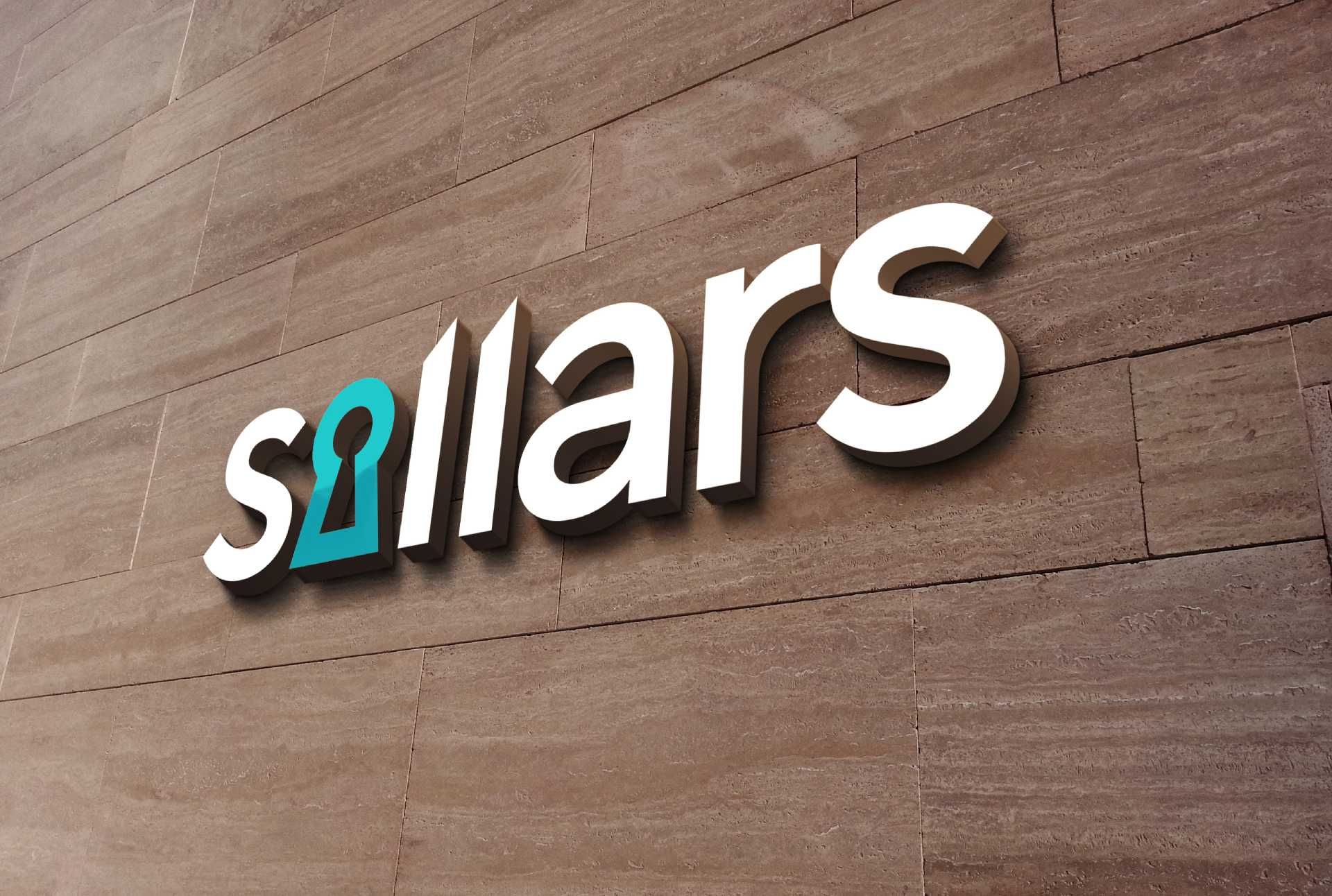
Tenants Guide
Our guide for tenants

Our guide for tenants
Renting has become an increasingly common alternative to property purchase and offers some attractive advantages. The most important benefit is flexibility, particularly the ability to relocate quickly and easily for employment. It can also be cheaper as it is the landlord who assumes all responsibility for maintaining the property.
At the outset you will need to have your finances in order, to afford the first months’ rent in advance and the 5 weeks deposit, together with references.
The following guide sets out the steps to a successful tenancy.
Some of things you might want to consider are below:

Rent
Does it include any bills or service charge? How long is the potential rental contract? Is the rent subject to review?

Location
Are there good transport links, easy access to schools and amenities?

Furnishing
Do you require furnished or unfurnished accommodation?

Pets & Children
Do you need to accommodate pets or children? Do you smoke? Are you in receipt of housing benefit? There may be restrictions which you will need to consider.

Safety
Does the property comply with Fire and Furniture Safety Regulations? Are there smoke and carbon monoxide alarms fitted? Is there a clear means of escape in the event of a fire? Are the electrics safe?

Security
Is the property adequately safe and secure?

Garden
Do you need a garden? Remember you will need to keep it tidy.

Property Search
There are numerous ways to find property to rent including searching the classified advertisements in newspapers, creating your own “wanted” ads for notice boards and local shops, researching the internet and “To Let” boards. Visiting estate and letting agents is probably the most fruitful. They will be able to arrange and accompany you on viewings, answer any queries you may have and guide you through the process.
The tenancy agreement
The most commonly used tenancy agreement is an Assured Shorthold Tenancy which is for a period of 6 or 12 months. Beyond this term the tenancy becomes a periodic contract. The landlord is required to give 2 months’ notice to terminate the contract, and the tenant is required to give one month’s notice.
The tenant’s responsibilities generally include the following:
- To keep the home clean, warm, free from damp and in good order inside and out.
- To promptly report any breakages or malfunctions.
- To attend to minor maintenance such as replacing smoke alarm batteries and light bulbs.
- To respect the rules of the tenancy regarding pets, smoking, sub-letting etc.
- To allow reasonable access to the landlord and his workmen.
- The landlord assumes responsibility for insuring the property and for attending to maintenance issues.

Holding Deposit
This will be required to secure a property and is normally held for 15 days unless both you and the agent agree to an extension. Within this fifteen days it would be expected that references would be back and you will have signed the tenancy agreement. The holding deposit equates to one weeks rent.

Deposit
The tenancy deposit is typically 5 weeks rent and cannot be any more than this. This should be held in a government approved Tenancy Deposit Scheme. The deposit will be returned in full at the end of the tenancy agreement, providing there have been no damage or breakages.

Rent
Your monthly rent is normally due in advance.

Insurance
You will also be responsible for insuring your personal possessions, utility bills, telephone and broadband, council tax, T.V. licence and any other services you choose to subscribe to.

Moving In
- Ensure you have the contact details of the managing agent and/or the landlord in case of malfunction.
- Carefully check the details of the Inventory. If there is no inventory, make your own for your personal records.
- Check the landlord gas safety certificate and make sure the electrics are safe.
- Take meter readings and inform the utility companies.

Moving Out
- Make a note of the final meter readings.
- Be present for the inventory check out. Your deposit should be returned in full providing the property is returned in the same condition as when you moved in. In the event of a dispute contact the deposit scheme administrator. Obtain a signature when you return your keys to the property.

Get in touch with us
We never wait for the phone to ring. We have a dedicated, highly motivated & professional team dealing lettings and property management. A sign of our success is the fact that a large proportion of our business is from referrals, satisfied clients who have recommended us to friends and family.

